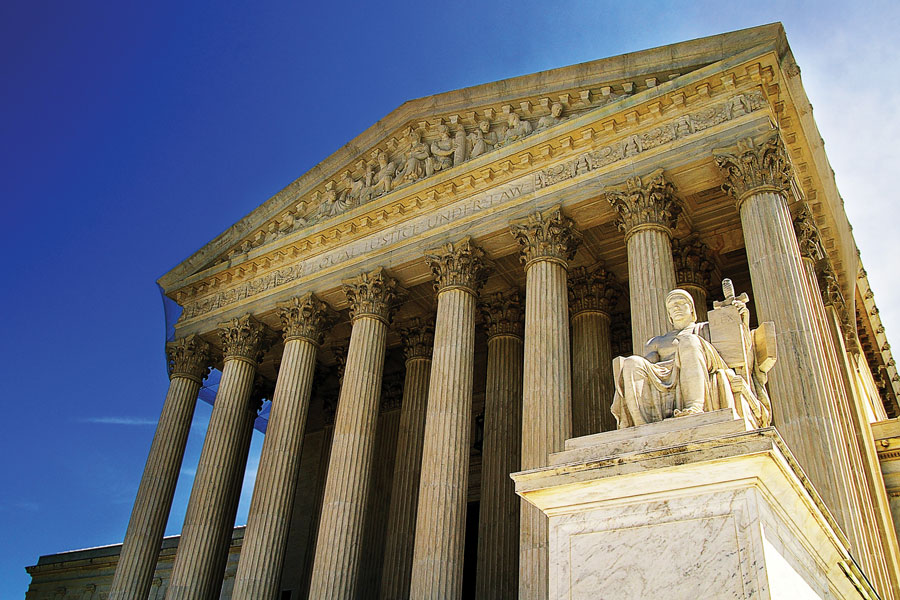

The Supreme Court limited the power of the Securities and Exchange Commission to recoup illegal profits from wrongdoers, putting new curbs on one of the agency’s most potent legal weapons.
The 8-1 ruling Monday is a partial victory for a California couple ordered to pay $27 million after being found to have defrauded investors.
The justices said the SEC can win “disgorgement” in federal court if the money can be used to reimburse defrauded investors and is capped at the wrongdoer’s net profits. But the court also suggested that awards can’t go further, putting a new constraint on the agency’s enforcement efforts.
Disgorgement is a traditional tool used by judges to return wrongful gains to the victims. It’s distinct from SEC fines, which the SEC can also seek and which can be used as punishment.
The SEC typically wins more than $1 billion a year in disgorgement orders in federal court. The ruling didn’t directly affect the SEC’s separate authority to seek disgorgement through administrative proceedings.
Justice Sonia Sotomayor wrote the court’s majority opinion. Justice Clarence Thomas dissented, saying he would have gone further and barred the SEC from seeking disgorgement at all in federal court.

Relationships are key to our business but advisors are often slow to engage in specific activities designed to foster them.

Whichever path you go down, act now while you're still in control.

Pro-bitcoin professionals, however, say the cryptocurrency has ushered in change.

“LPL has evolved significantly over the last decade and still wants to scale up,” says one industry executive.

Survey findings from the Nationwide Retirement Institute offers pearls of planning wisdom from 60- to 65-year-olds, as well as insights into concerns.
Streamline your outreach with Aidentified's AI-driven solutions
This season’s market volatility: Positioning for rate relief, income growth and the AI rebound
